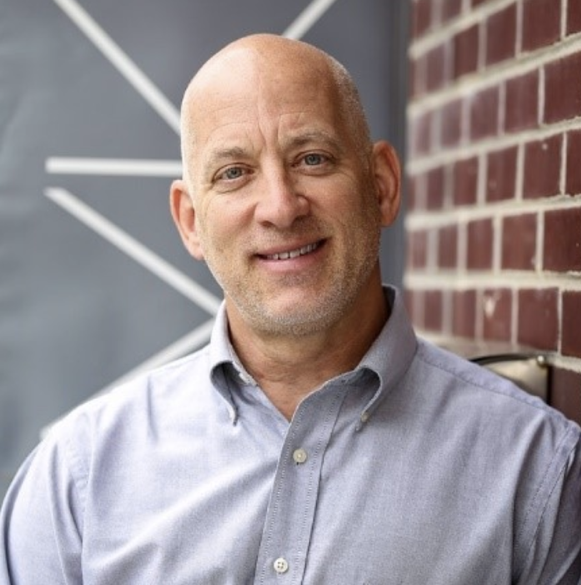John Ondik is a senior business consultant and instructor here at the Temple SBDC. He is also the owner of the Ondik Group, a management consulting firm that has been advising businesses and government on strategy and operations since 2003. He was the former co-owner and CEO of Pathway Technologies, an engineering services firm in the sustainable energy space.
Ondik’s experience working with entrepreneurs is extensive. He serves as the program director at Wharton’s Entrepreneurship Snider Center Venture Consulting, where he advises student and alumni-led start-up ventures. Ondik has been featured in Bloomberg News online, the Wharton Alumni magazine, and is a frequent guest on Wharton Sirius radio.
We sat down with Ondik to discuss his time working with entrepreneurs and small businesses.
What areas do you specialize in? What’s your favorite thing about consulting?
In my private practice, I tend to focus on executive coaching. I coined the phrase “vision to strategy to execution”. What I tend to focus on at the SBDC is helping entrepreneurs to challenge their assumptions and formulate a growth plan, so I look at how to best align a company’s vision with their strategic capabilities. I love being able to help people start and grow their small businesses. I come from a family of small business owners. I’ve worked with large businesses and small businesses, and when you work with a small business you can really tell that you made an impact.
What did you study in college? Do you need a college degree to start a business?
I went to Villanova to get my bachelor’s in Business Administration and Operations. I then got a master’s in Finance and Strategic Management from the Wharton School of Business at the University of Pennsylvania. I also got a large number of college credits for my Officer training in the Navy, where I was trained to be a logistics contractor.
You don’t need a college degree to start a business, but it can be helpful. That said, if you have the expertise, there is no need to acquire a degree. I have worked with many clients that did not have college degrees and were able to start successful businesses.
What challenges do you think the SBDC is best able to help aspiring entrepreneurs solve?
I think what the SBDC brings to the table is the understanding of the necessity to plan for the starting and growing of your business, encouraging entrepreneurs to challenge the assumptions they’ve made, do quick research into their customers and their markets, and really dig into the financial viability of their business.
What aspect of your work do you think makes the biggest impact?
Challenging entrepreneurs to make better-informed business decisions and helping them do so in a structured, robust fashion. In other words, having them really think through the opportunities, challenges, and potential outcomes with the various decisions they make in their business journey.
What do you think are the biggest challenges in starting a business today?
I think the number one issue is limited access to capital for small businesses. It doesn’t necessarily take a lot of money to start a venture, but absolutely one of the primary issues I see is undercapitalization. Business owners often do not have the funds to exploit growth opportunities or sustain their business through slower times.
What are some common mistakes that entrepreneurs make when starting a business?
I think some entrepreneurs fall in love with their idea and are not able to be objective about the likelihood of success. They make assumptions that because they think there is value in their product or service, others will feel the same way, and that is often not the case. Entrepreneurs have to be willing to adapt their offerings to meet a defined need.
I also often see entrepreneurs underestimate the amount of time and effort it takes to be a successful entrepreneur. Generally, entrepreneurship is not a 9-5 job.
What’s the most unique business idea you have worked on?
I’m currently working with a company using artificial intelligence to enable security cameras to detect weapons in real-time. In these unfortunate times, their business is growing rapidly.
Do you have any advice for aspiring entrepreneurs?
Make sure that you are identifying a big enough problem that needs to be solved. Be passionate about your customers, be coachable, and constantly talk to people about your business.
Ready to take your business to the next level? Sign up for no cost one-on-one consulting here.
